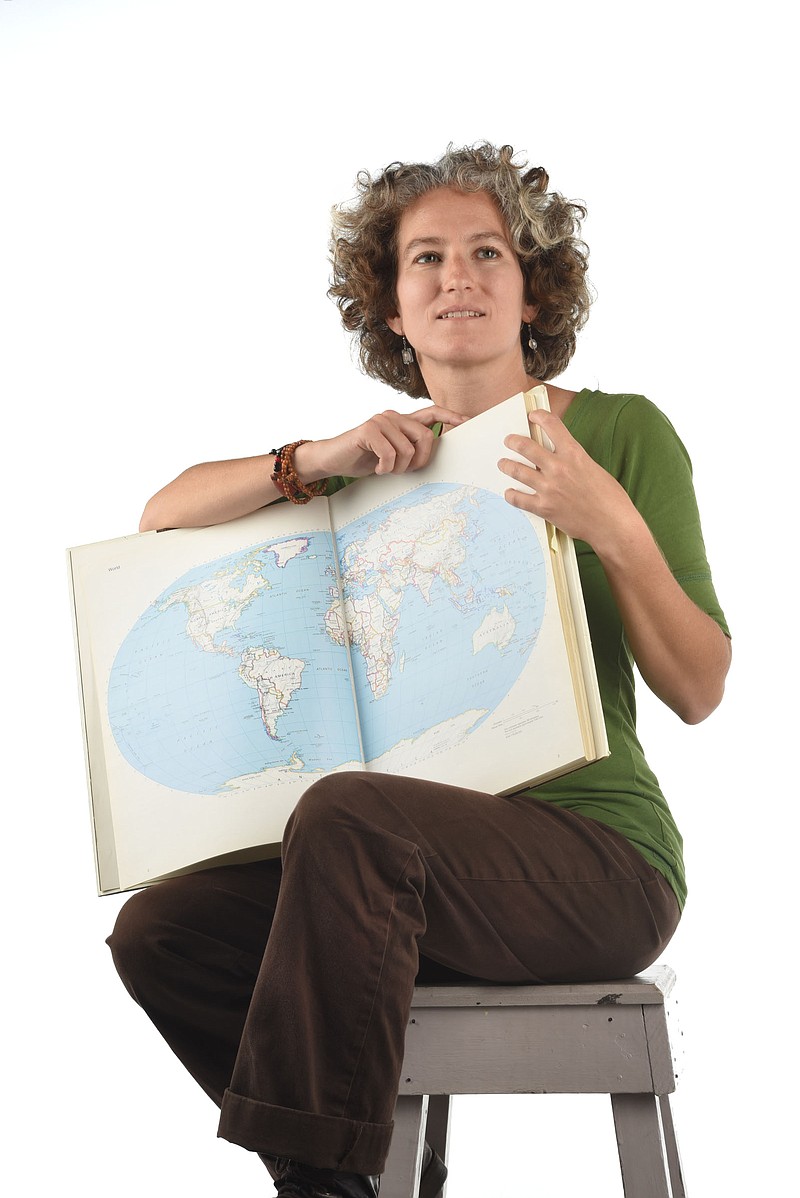More Info
To learn more about The Calais Sessions or purchase a CD featuring the various songs and voices of refugees, visit thecalaissessions.com.
Name: Christie Burns
Age: Doesn't matter
Hometown: Cinnaminson, New Jersey
Occupation: Musician, music teacher
Despite her calm demeanor, Christie Burns isn't one to sit still. Well-known on the local scene since moving here through the now-defunct CreateHere's ArtsMove program in 2007 and helping found the Folk School of Chattanooga, she can often be spotted around town - and the world - playing or championing music.
She launched the Cork Dulcimer Festival in Cork, Ireland, and was one of 25 musicians chosen worldwide out of this year's 4,000 applicants for the U.S. State Department's OneBeat program, which took her to the West Coast to learn from and play with fellow musicians from around the world.
Her passion for her craft and way of connecting with the world has taken her to Belgium, Bulgaria and beyond. And earlier this year, it took her to Calais, France, to a place known as "the Jungle," the home of thousands of refugees.
_______
It started just as something you see on Facebook [and think] 'that's really cool work they're doing.' I had been reading about the worldwide refugee crisis. This was an immediate connection for me: music being used for social good, to make the world a better place.
They went out and found musicians who had something to share - new songs, old traditional songs from home, rappers. The point was to collect the voices and personalities of the people in these refugee camps.
It's cool when people who have linguistic differences and different cultures can communicate together.
It's a totally unsanctioned camp. People just showed up and built what they could. It's 10,000 people living in, at best, plywood shacks; most, in tents. There's no government, no sanitation or facilities. [These people] travel from thousands of miles away with whatever possessions they can carry. Most are trying to get to the UK.
There are a lot of problems involved with all of it, but there's also a really excited spirit in the camp.
I felt like my heart navigation system was spot on. I was in the right place at the right time. Now, you can't go there; the government is shutting it down.
It was just a week, but it was packed. [I was] hanging out with Syrians, Iraqis, Afghanis, Sudanese people of all different colors and styles of dress. It was such a feast for the senses. They put out this amazing hospitality. I thought I'd be driving in supplies, but they were the ones feeding me.
It was cool for me because it was musical exploration based on real social issues, not just based on a genre. I used to get so excited about fiddles and banjos and, "Oh, let's start a folk school." My vision has gotten bigger than that.
It connected music with real experiences - a real story: leaving home and going out into the unknown, facing racism and prejudice, being at the mercy of the world to exist and find your identity again. What's nice about it now is I really have faces, names and personalities to associate with these problems you hear about.
I know music isn't going to solve it all, but it helps build that empathy and connection.
